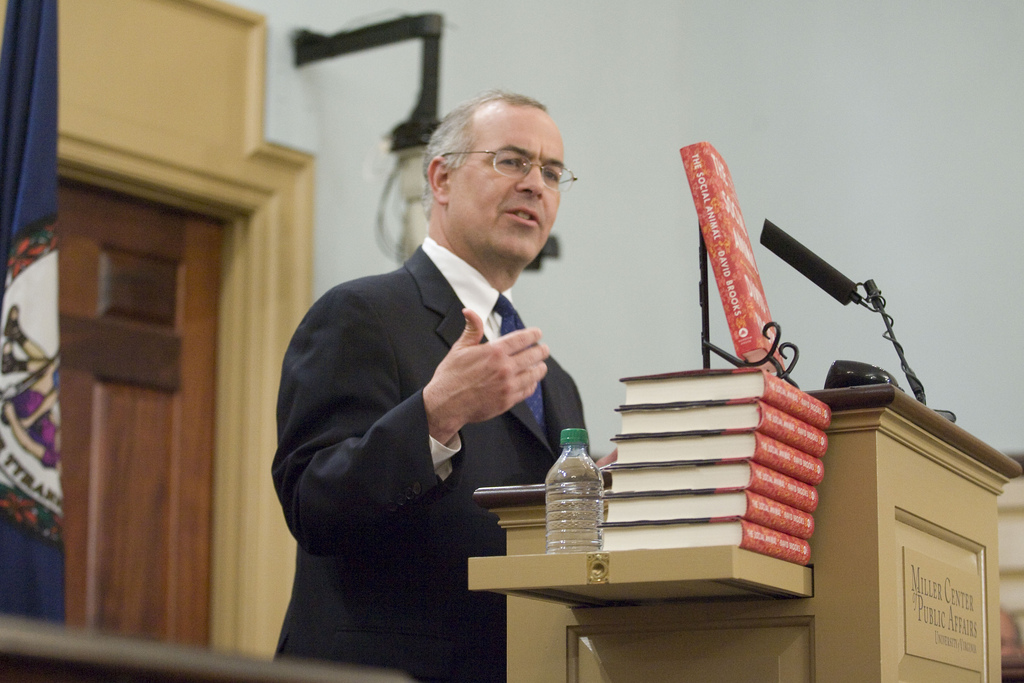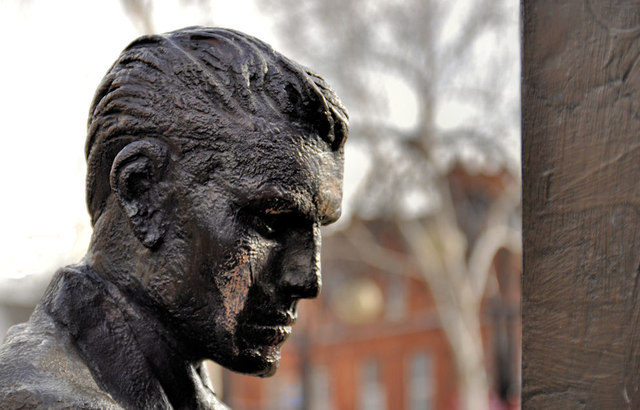John Loftus has added his voice to the New Atheist choir that is chortling for academies to dismiss philosophy of religion from their academic disciplines. I initially wanted to write a thorough response to the argument, but that might be better left to a greater mind than mine (not hard to find). I want to focus instead on one point in Loftus’s argument: His allegation that philosophy of religion as a discipline dates only as far back as pre-WWII.
Firstly, Loftus quotes Oppy approvingly as saying that the discipline of philosophy of religion dates back to before World War II and “probably” not much sooner. Loftus inserts his own comment then that this shows that “we did without it for centuries and can do without it again.” I’m not certain who Loftus is referring to when he says “we.” Perhaps he is assuming to speak for the philosophical community at large or maybe he is referring to humanity in general. Lofty platforms both. But let’s dismiss the hubris for one moment and consider that claim.
The statement that philosophy of religion as a discipline originated just prior to WWII is kind of half-correct. It depends on the content invested in “as a discipline.” Both the Oxford Companion to Philosophy and the Stanford Philosophy Encyclopedia define philosophy of religion more broadly to encompass the discussion of “religious beliefs and practices” in a philosophical context. Certainly this goes back much farther than the middle of the 20th century. Moreover the Stanford Encyclopedia actually gives a birth-century to the discipline:
The first use of the term “philosophy of religion”in English occurs in the 17th century work of Ralph Cudworth. Cudworth and his Cambridge University colleague Henry More produced philosophical work with a specific focus on religion and so, if one insisted on dating the beginning of philosophy of religion as a field, there are good reasons for claiming that it began (gradually) in the mid- 17th century.
Before I outright claim that Loftus and Oppy are simply false in their history, perhaps someone would object that I am taking the least generous of all interpretations. That’s not without some warrant, because the Oxford Companion does indeed note that the disciplined practice of POR emerged more seriously in the late 19th and early 20th centuries. But hold on: The Oxford Companion notes that this emergence signaled the disintegration of religious studies with pure philosophy. In other words, the designation “philosophy of religion” came to rapid usage in the 20th century as a way of demarcating where religious philosophy began and “proper” philosophy ended.
So we are left with an irony. Loftus’s claim that we’ve “done without it for centuries” is true only if he is referring to POR as explained in the paragraph above. Given that, he is saying the opposite of what he thinks he’s saying. He is really calling for the reintegration of religion into general philosophical studies.
Now of course, he doesn’t mean to argue that. What he wants to say is that discussion of religion per se does not have a place in the philosophical classroom:
Okay then, as it stands today the philosophy of religion is dominated by Christian theists who discuss concepts and arguments germane to Christianity, and even defending it. Given what he said, the philosophy of religion needs reinvented if it is to survive. The unaddressed question is why we should have a discipline in any secular university where theism, or Christian theism, Christian theology or Christian apologetics is privileged and considered to the exclusion of all other religions or apologetics? It shouldn’t. If this is the state of affairs then the only reasonable response is to call for the end of that discipline. NOW!
Notice how Loftus shifts gears suddenly between talking about philosophy of religion and Christian apologetics. He seems to think that accusing POR of privileging theism is a damning indictment. Call me dense, but isnt’ it rather common sense to suppose that philosophy of religion would be preoccupied with the philosophical claims of the religious? Yes, it’s common sense; Loftus just doesn’t want to do it.
Does POR “privilege Christian theology and apologetics”? I would love to see real evidence that it does, rather than the assertion that it does based on the presupposition that it must. If POR students feel like they are receiving training in Christian apologetics to the exclusion of a fuller philosophical training, I will be the first to object. But I don’t see any real evidence for that in Loftus’s essay. Instead what I find is misleading assertions and fear mongering.
Philosophy of religion is important because so much of Western philosophical thought has been oriented towards God and religious subjects. I cannot imagine how anyone would teach the history of Western philosophy without doing philosophy of religion. My fear is that, for institutions or communities under the serfdom of New Atheists, the goal to end all religious dialogue in philosophy programs will eventually entail the end of the study of historic western philosophy. That is the only way I see to ensure that POR be banished from the classroom, and I don’t think for one second that this brand of atheism would rue the loss of history if it meant the exile of theism.











